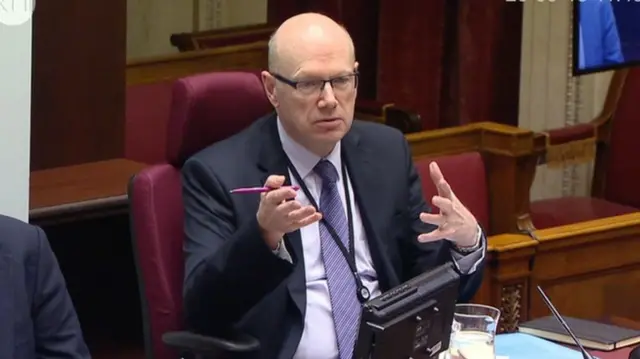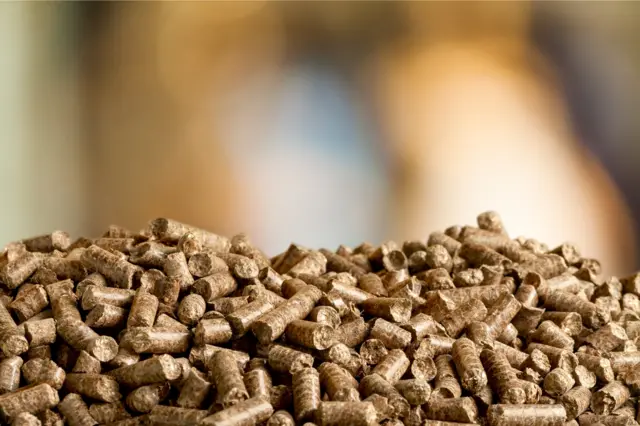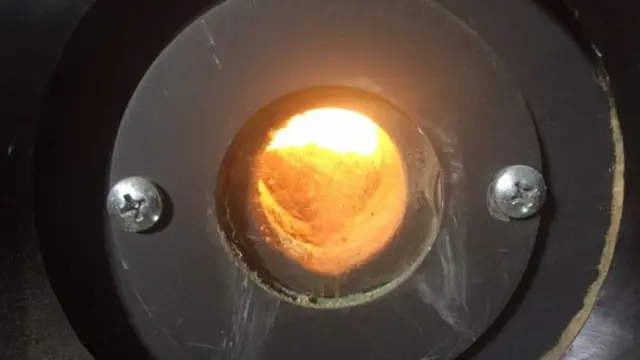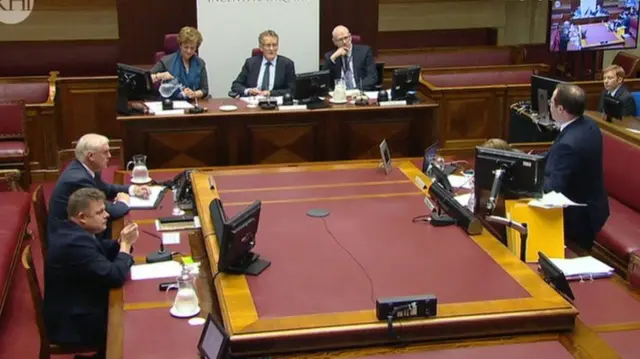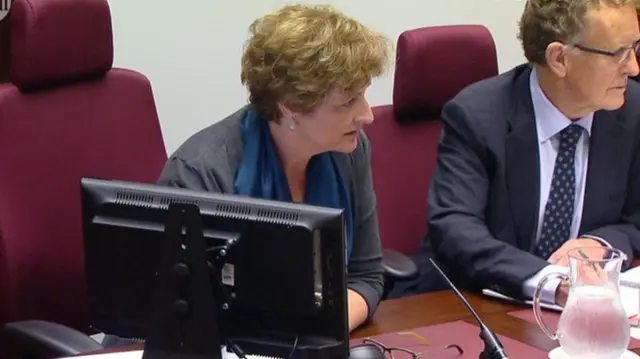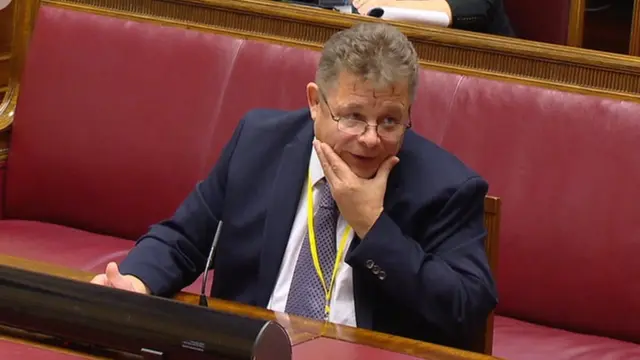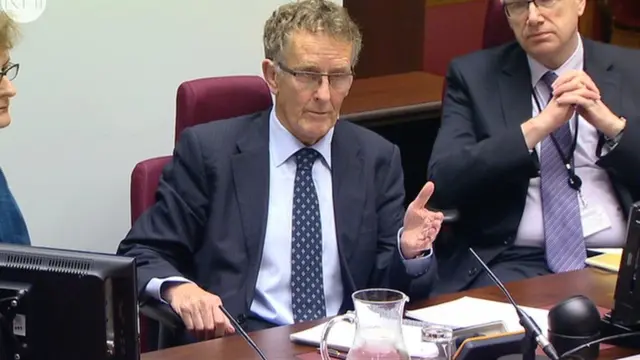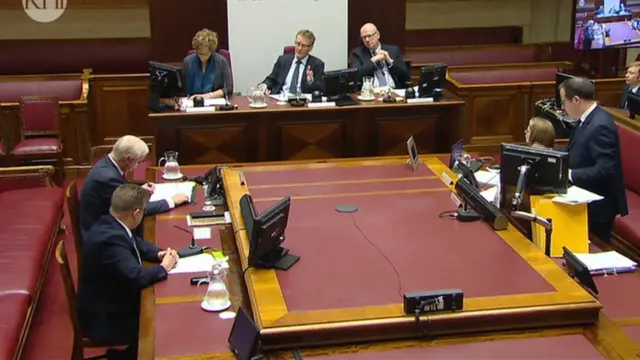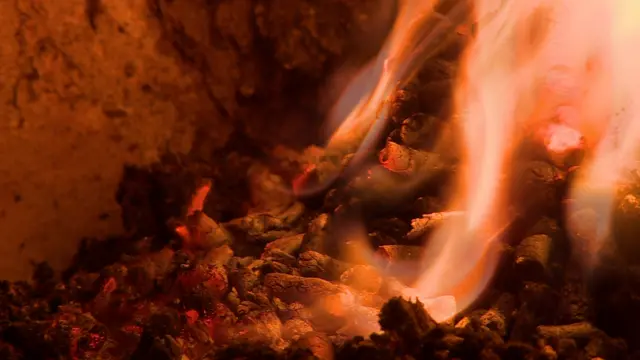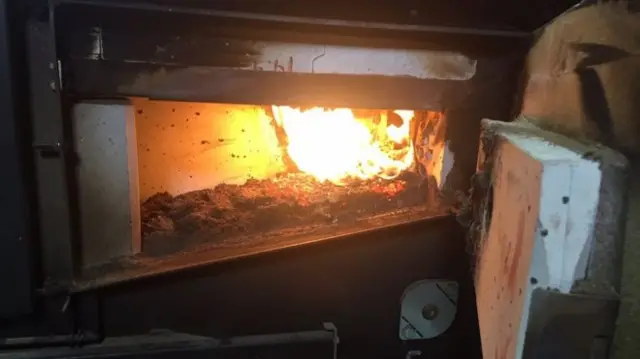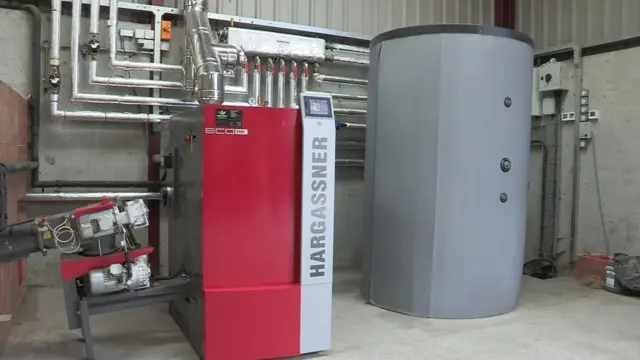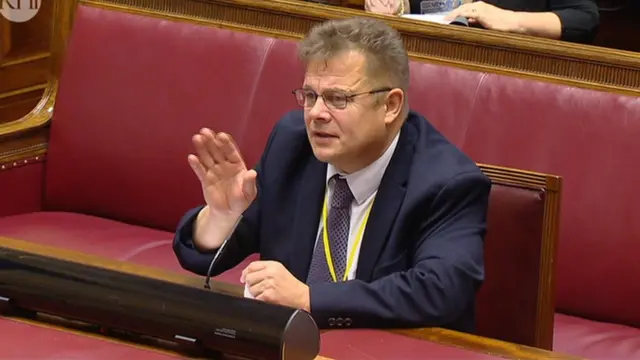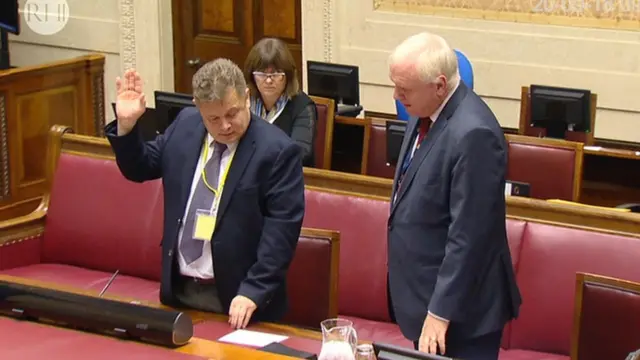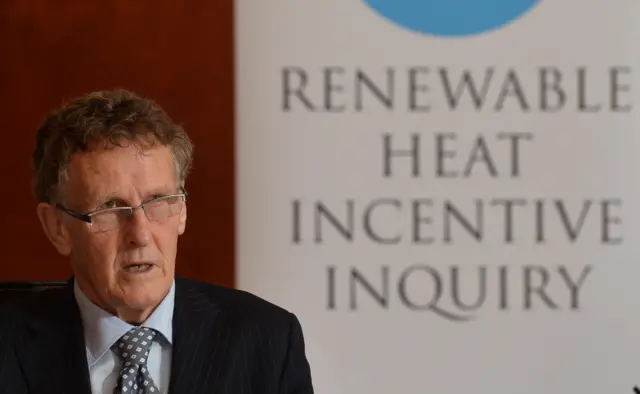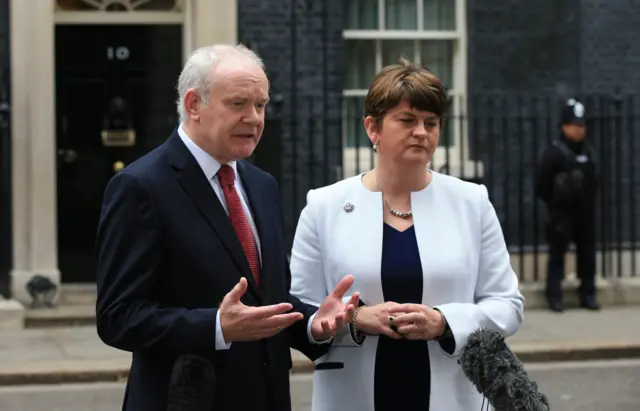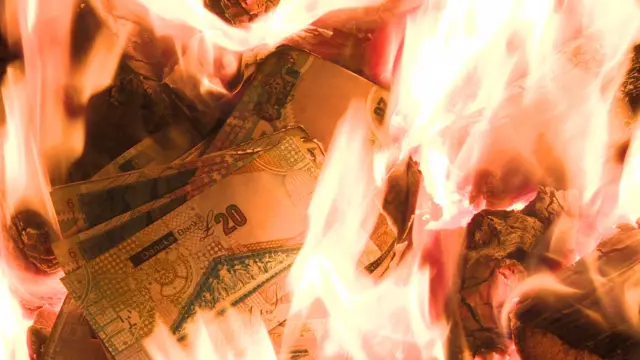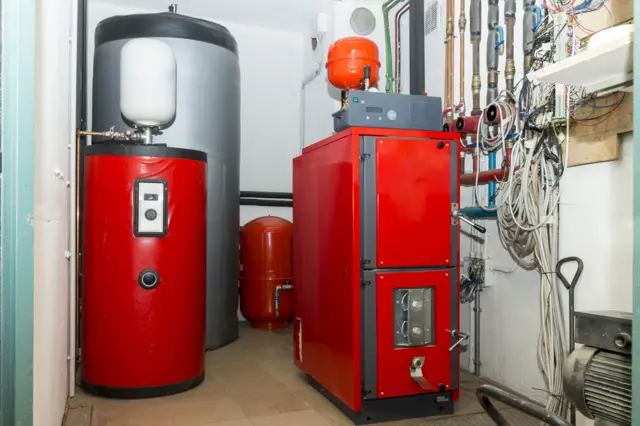'Client insistent on maximising RHI income'published at 12:57 BST 20 September 2018
In one of his reports from February 2015, Mr Nicol noted that he was asked to advise one Invest NI client - a hotelier - who wanted to install four smaller biomass boilers instead of one or two a larger units "so as to generate the maximum" subsidy from the RHI scheme.
He advised that it would be "difficult, expensive and technically inappropriate" to do so and put forward an alternative solution.
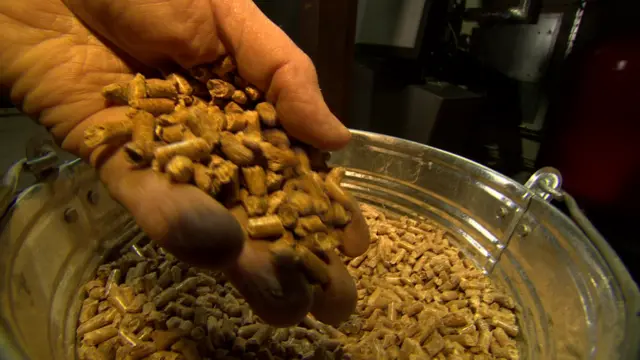
But he acknowledged that the "very high RHI revenue payment is essentially driving the installation of multiple small boilers".
Ultimately, he advised that the client should install a "technically appropriate solution rather than an RHI-driven solution" at the hotel.
Telling the inquiry about that case, he says the client was "almost insistent" on maximising their RHI income but their intended heating system was "ludicrous".

